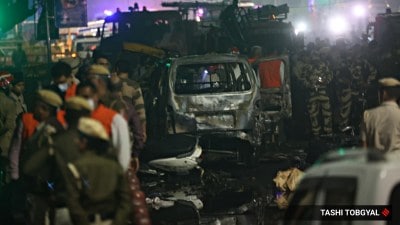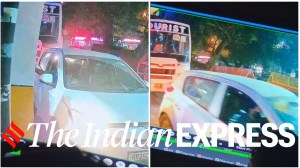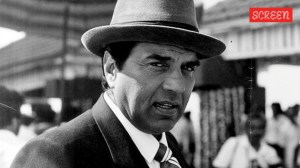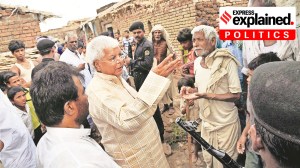Vajpayee slams deal; how and why he should know better
Former Prime Minister Atal Bihari Vajpayee today came out strongly against the condition inserted in the India-specific civil nuclear bill that US will terminate all cooperation under this legislation in case New Delhi were to detonate a nuclear device.

Former Prime Minister Atal Bihari Vajpayee today came out strongly against the condition inserted in the India-specific civil nuclear bill that US will terminate all cooperation under this legislation in case New Delhi were to detonate a nuclear device. Vajpayee, who ordered the 1998 Pokhran tests and then declared the voluntary moratorium on further tests, should know better.
• Vajpayee: “This Bill, when passed, will convert a voluntary moratorium on further tests by India into a legally binding commitment, for all times to come, without any possibility of withdrawal under special circumstances, as provided for in the CTBT. This position is not acceptable .”
Fact: Yes, all nuclear cooperation will stop automatically if India were to test a device. But the n-deal isn’t why. Under Section 102 of the US Arms Export Control Act, the President is already bound to terminate all military assistance, sales or cooperation with any non-nuclear weapons state in case it carries out a test. This happened in 1998. India has not signed the NPT and US has not granted it a nuclear weapons state status.
• Vajpayee: “The obligations under this Bill are far more stringent than those under the CTBT. The CTBT cannot come into force until forty-odd countries, including US itself and China and Pakistan, adhere to it.”
Fact: The obligations are specific to the US, which as it is has the most stringent domestic laws to sanction non-nuclear weapons states (as defined by the NPT) that carry out a test. The deal includes obtaining an exemption from the 45-member Nuclear Suppliers Group. If for any reason US would contemplate suspension of cooperation, there would be 44 other countries on whom these conditions do not apply.
• Vajpayee: “When the Atomic Energy Act of the US was amended for China, China was granted waiver in perpetuity. In the case of India, it would be periodic..this position is also unacceptable.”
Fact: It took 13 years—Reagan White House reached an understanding in 1984-85, Clinton set it into motion in 1998—for the China-US civil nuclear cooperation agreement to be implemented. Congress kept asking for clarifications. Second, China is a nuclear weapons state in the NPT unlike India. Despite the fact that the Cold War paradigm was at work then, the agreement ensured China become a member of the IAEA and then the NSG. Significantly, there is no timeframe attached to the waiver being sought for India.
• Vajpayee: “The Prime Minister assures us that if the US or the Nuclear Suppliers Group do not keep their commitments, India would have the option to walk out of its commitments. This logic is seriously flawed. What would happen to that investment if fuel supplies for them were to be stopped due to an adverse determination by the US President?”
Fact: Vajpayee does not mention the fact that India’s commitment to permanent safeguards is conditional to assurances for permanent fuel supply. Arrangements for this will be worked with the IAEA, US and a group of friendly supplier countries. These will also spell out “corrective measures” India can take in case fuel supplies are adversely hit.
More importantly, the spent fuel out of what comes from abroad for civilian reactors is likely to remain in India given that countries like US have a law that does not allow them to take back nuclear waste. This spent fuel can act as insurance after a period of time because if India walks out, this reservoir of fuel can be transferred for military use. This is an unlikely scenario but the point is that stakes are equally high for the international community and US.





- 01
- 02
- 03
- 04
- 05


























